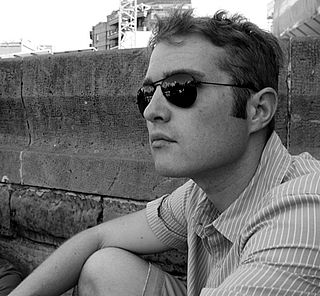A Quote by Neal Stephenson
In trying to understand the Linux phenomenon, then, we have to look not at a single innovator but to a sort of bizarre Trinity : Linus Torvalds, Richard Stallman, and Bill Gates. Take away any of these three and Linux would not exist.
Related Quotes
Linux has more than satisfied any small initial expectations I had. It's simply incredible how successful Linux has been, and how good a time I've had developing it and leading the project. It does take a lot of my time, but it's time I really enjoy spending, and Linux has continued to be challenging both technically and from a managing standpoint.





























